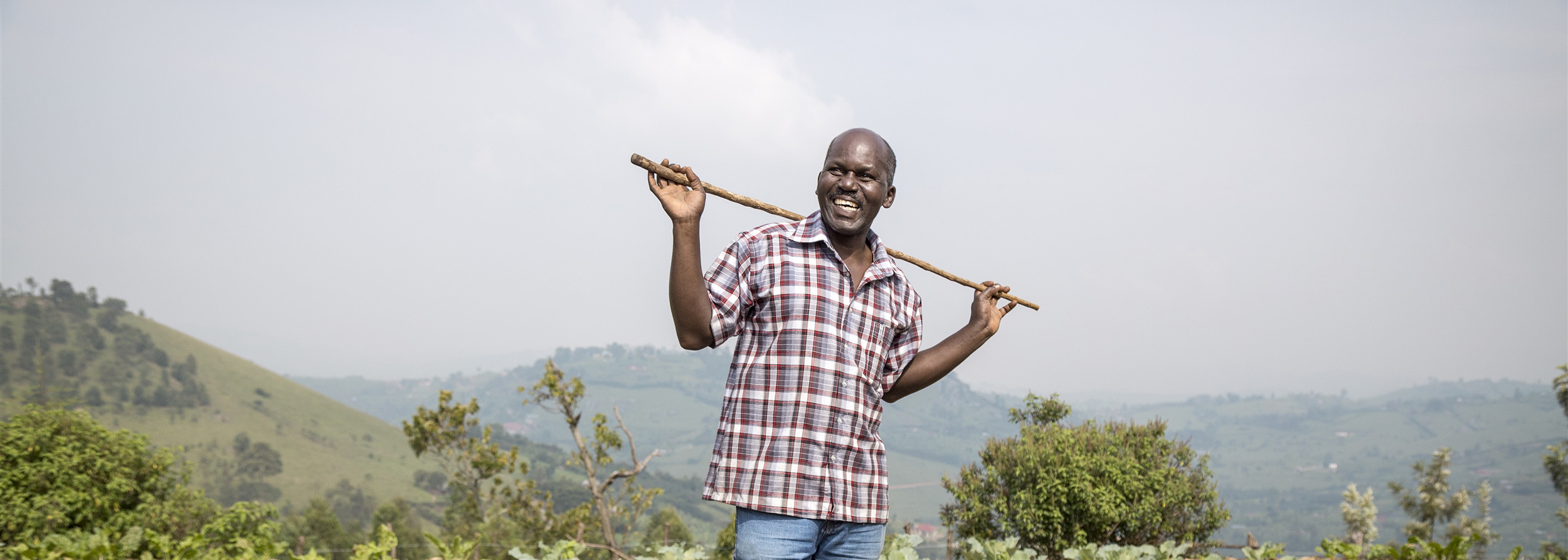This program has ended
Aim
To increase the availability of nutritious and climate-resilient seeds and to ensure farmers have freedom of choice by preventing exclusive or monopolistic rights on knowledge and genetic resources for food and agriculture.
Where
East Africa and Southern Africa
Why
Seed diversity, crucial for food security and nutritious diets, is decreasing dramatically as industrial agriculture intensifies. Commercial patenting of seed varieties eradicates traditional seed-saving and sharing practices and diminishes the gene pool. Another threat comes from changing climate conditions for which seeds are not resilient, resulting in harvests lost to drought, floods, pests and diseases. Only a handful of organizations dominate the global seeds market, shutting farmers out. If we want more choice at the marketplace and healthier diets, farmers must have access to diverse, robust and adaptive seeds that will produce a wide variety of crops in different or changing climates.
How
The OSSS program works with breeders, farmers and through multi-stakeholder initiatives to develop open source seed systems based on protected commons for seed varieties instead of exclusive intellectual property rights. This means that farmers and breeders are free to use the seed and any of its derivatives. The program strengthens social seed enterprises that guarantee farmers access to affordable, climate resilient seeds, allies small holder farmers with willing policy makers and small and medium enterprises to govern the seed sector, and advocates for enabling government policies. It also uses strong communication campaigns to create policy changes through public pressure.

